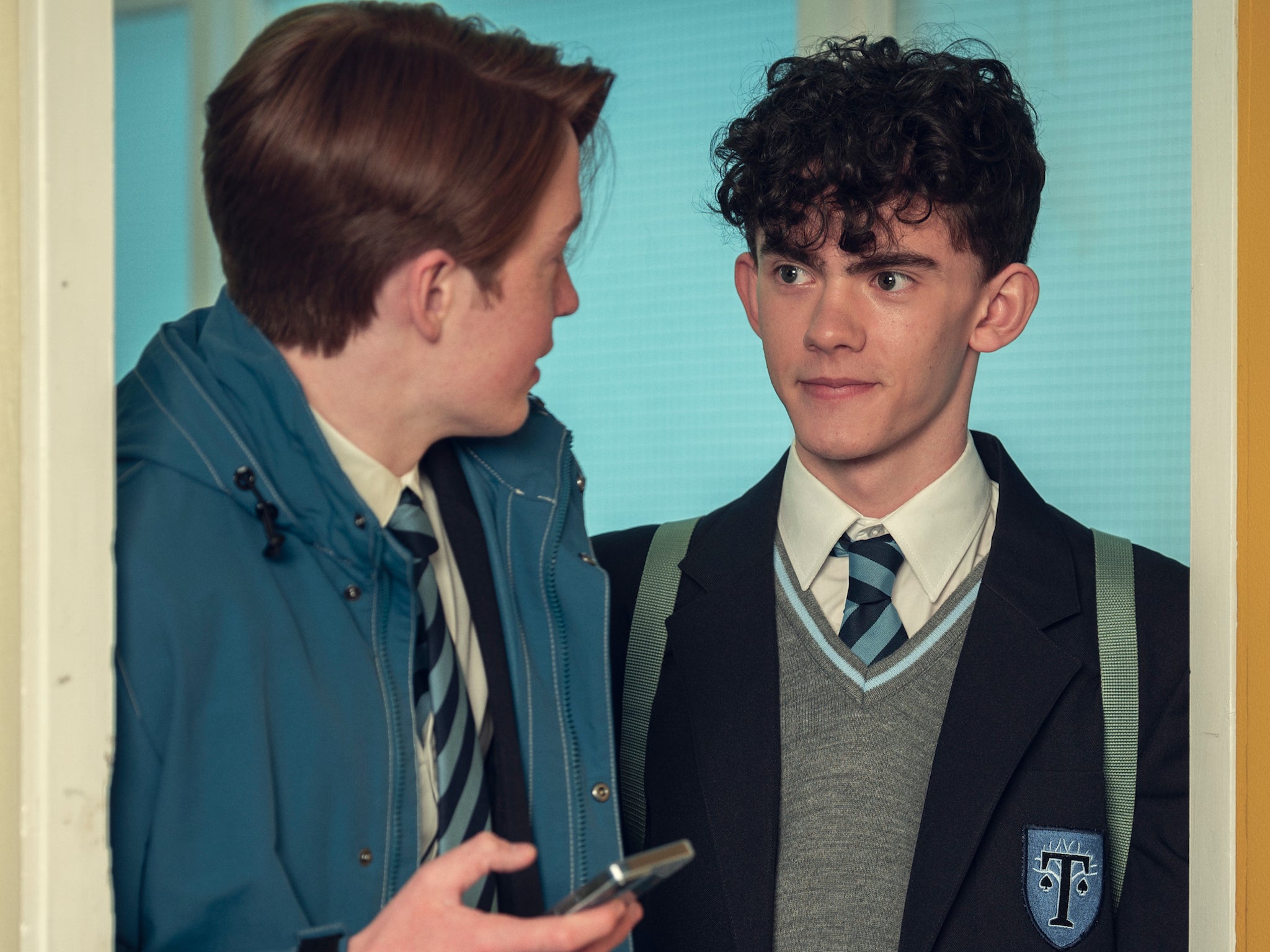I’m a teacher – educating kids about sexual diversity is one of the most important parts of my job
While it’s mandatory for English schools to teach an LGBT+ inclusive curriculum, relationships and sex education (RSE) remains a sensitive and contentious subject. It shouldn’t be


Each year, millions of people come together to celebrate what it means to be LGBT+ as part of Pride month. The annual celebration is a time to promote equality and acceptance, but also reflect on the challenges faced by the LGBT+ community and determine how we can overcome the prejudices still evident in society.
For me, the answer lies in our education system. Teaching children from an early age about sexual diversity and encouraging them to be proud of who they are, is one of the most important life lessons we can offer. In doing so, we can foster future generations who are kinder to themselves and to one another.
Pride month provides a timely opportunity to kick-start discussions around LGBT+ in the classroom – but should undoubtedly be a year-round conversation. While it is mandatory for English schools to teach an LGBT+ inclusive curriculum, relationships and sex education (RSE) remains a sensitive and contentious subject.
One in five teachers say they’re uncomfortable discussing LGBT+ topics, and part of the challenge lies in a lack of resources and training to help teachers discuss these themes with confidence. From experience, I know how difficult it can be teaching this topic to young pupils, especially when some parents may be against RSE being taught in school.
Yet it’s vital that we break down the stigma around sex education and gender identity. It shouldn’t be a taboo topic; without informed conversations, we risk children growing up without the facts and in some cases, embarrassed about their sexuality.
Engaging primary children with topics such as homophobia and prejudice can seem daunting, however it’s important to put the learning into context. During my Pride month lessons, I asked children what they know about being LGBT+, where have they seen people identifying as LGBT+ in the community, or in the media and encouraging them to ask any questions.
While representation of LGBT+ characters in TV and film is steadily improving, there’s still a long way to go. This lack of representation has a knock-on effect for children’s perceptions of different sexualities. Our school is also located in a community with high levels of deprivation, and many of our pupils have limited opportunities to travel and experience the wider world.
Giving pupils the opportunity to share opinions and ask questions is key to helping them develop an informed understanding about gender and sexual orientation.
I believe it is vital to use all sorts of resources to bring the LGBT+ community to life, and importantly open pupils’ eyes to the world beyond Gravesend. I’ve used clips from the Netflix series and graphic novel Heartstopper to explore gay relationships, teenage friendships and bullying. The series follows a young male student as he navigates romance with his classmate and deals with homophobia and prejudice from peers. After watching the clips, pupils discussed how we can change the minds of bullies, and what they can do in school to better support and become an ally to peers who identify as LGBT+.
I’ve also used a digital learning platform to share the real-life story of Qwensley, a young black man who is gay and living in a conservative Caribbean Island, with my kids – children can virtually explore Qwensley’s home and learn about his life and experiences with homophobia. I also use video so my pupils can experience the sights and sounds of Pride parades around the world, even if they haven’t had the chance to go to one themselves.
To keep up to speed with all the latest opinions and comment sign up to our free weekly Voices Dispatches newsletter by clicking here
I have pupils who identify as non-binary and who are bisexual, so it’s vital that they feel accepted and comfortable in school. Incorporating real-life stories into the LGBT+ curriculum is a brilliant way to help students develop their understanding and empathy towards others.
Knowledge is power and it’s important to educate pupils about the language around Pride. Some children might use the word “gay” in the playground as a derogatory term but it’s because they don’t understand the context. Part of the work I want to do with the children is about how obsessed society is with putting people into boxes. In reality, many people do not want to be categorised and this is something we must respect.
There’s still work to be done to improve how we teach RSE, but creating a safe environment where teachers and pupils can discuss these issues is a vital first step.
Daryl Power is deputy headteacher and year six teacher at Copperfield Academy, Gravesend
The Independent is the official publishing partner of Pride in London 2022
Join our commenting forum
Join thought-provoking conversations, follow other Independent readers and see their replies
Comments


Bookmark popover
Removed from bookmarks